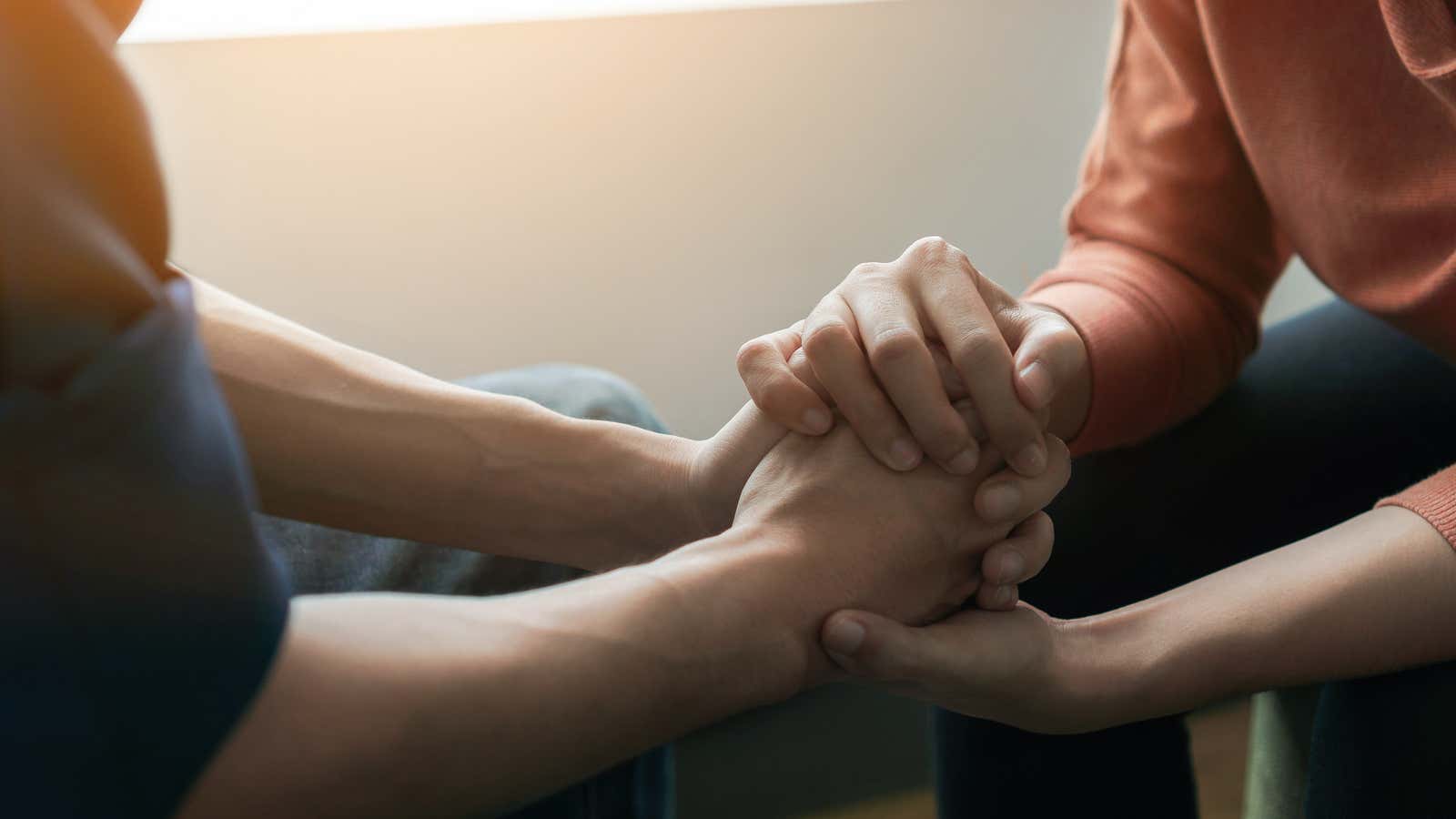Experiencing COVID Can Have Mental Health Implications Too

People recovering from COVID-19 are more likely to have conditions that affect their mental health or their brain and nervous system, compared to people recovering from the flu or other respiratory illnesses, according to a new analysis. In other words, if you are having mental health issues after COVID, you are not alone.
What did the study find?
The new study, published in The Lancet Psychiatry , looked at millions of medical records to find out what diagnoses were given to people after the COVID case. The researchers found a wide range of “neurological and psychiatric” outcomes, from stroke to anxiety and depression. Many of these problems occurred in people with severe cases of COVID, but there were still many in people with mild to moderate cases.
About a third of COVID patients had one of these diagnoses, and 12.8% of people with COVID were newly diagnosed after a bout with coronavirus. The rest included people who had current illnesses or who had an illness in the past and who saw it come back.
It is likely that not all of this is directly related to COVID; for example, if you have been depressed in the past, you may be depressed again, regardless of whether you got sick in the meantime. But on the other hand, there is really something special about COVID, and this is reflected in the numbers.
We already know that COVID increases the risk of stroke and that staying in an intensive care unit increases the risk of delirium , which can include confusion and memory problems. We also do not know about people who have had COVID, but who did not show up to the doctor or hospital for treatment; they are not included in this study.
Some people who have recovered from COVID infection have also described cognitive problems called “brain fog,” which may be related to how the coronavirus affects the brain or the response of the immune system.
A couple of psychiatrists wrote in an accompanying editorial that some of the mental health conditions that occur after COVID can be “psychosocial.” In other words, you may experience something like depression or anxiety as a result of your life experiences – hospital visits, isolation, maybe work or financial problems – and not just because the coronavirus has done something to your brain.
Whatever the exact reason, this study highlights that COVID and mental health issues are linked, so if you haven’t felt like yourself since you had the infection, you really are not alone. Visit long-term COVID support groups if you want to connect with others and consider it might be time to find a therapist to address any long-standing (or new) mental health problems.